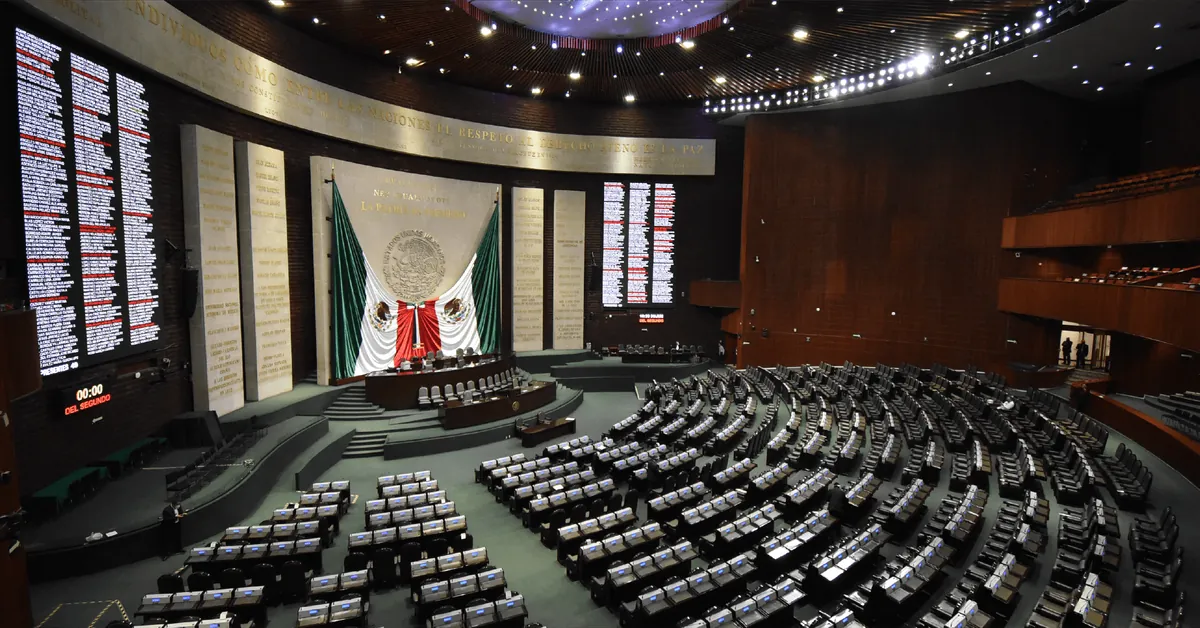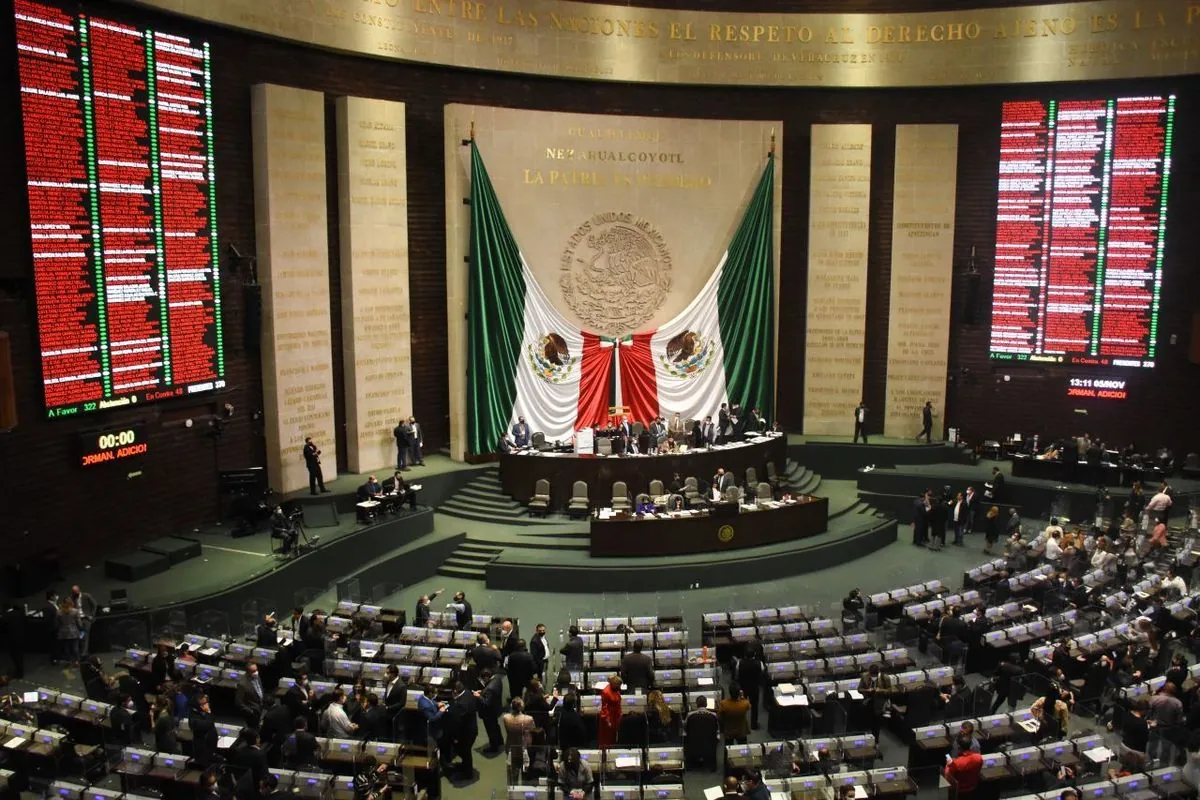Mexico's Ruling Party Nears Senate Supermajority, Sparking Reform Debate
Mexico's ruling coalition approaches a Senate supermajority as two opposition senators switch parties. This development could pave the way for controversial judicial reforms, raising concerns among investors and neighboring countries.

In a significant political shift, Mexico's ruling coalition has come within one seat of securing a supermajority in the Senate. This development occurred after two senators from the Democratic Revolution Party (PRD) changed their allegiance to join Morena, the ruling party.
President-elect Claudia Sheinbaum announced the addition of Araceli Saucedo and Jose Sabino Herrera to Morena's ranks, stating, > "I welcome two extraordinary colleagues who made the historic decision to join our movement's legislative bloc. [[Claudia Sheinbaum]] There will be 85 senators from our movement."
This near-supermajority in the Senate, combined with the already secured supermajority in the lower house, could have far-reaching implications for Mexico's political landscape. The ruling coalition now stands on the brink of having the power to alter the Constitution, which requires a two-thirds majority in both chambers of Congress.

The potential constitutional changes have sparked a heated debate, particularly regarding a proposed judicial reform. This reform, advocated by outgoing President Andres Manuel Lopez Obrador, aims to introduce popular elections for judges, including those of the Supreme Court. Proponents argue that this change would enhance democracy and address perceived shortcomings in the current judicial system. Critics, however, express concerns about potential power imbalances and increased susceptibility to criminal influence within the courts.
The proposed reforms have not only stirred domestic controversy but also raised eyebrows internationally. Investors have shown signs of unease, as reflected in the Mexican peso's market performance. Additionally, the U.S. and Canadian embassies have voiced their concerns about the potential changes to Mexico's judicial system.
As the new congressional session is set to commence on August 31, 2024, all eyes will be on the upcoming debates surrounding these constitutional reforms. The outcome of these discussions could significantly impact Mexico's governance structure and its relationships with international partners, particularly within the framework of the United States-Mexico-Canada Agreement (USMCA).
This political development comes at a crucial time for Mexico, as the country prepares for a historic transition. Claudia Sheinbaum is poised to become Mexico's first female president, marking a new era in the nation's leadership. As Mexico navigates these potential changes, the balance between democratic reforms and institutional stability remains a central point of discussion among policymakers, legal experts, and the public.


































